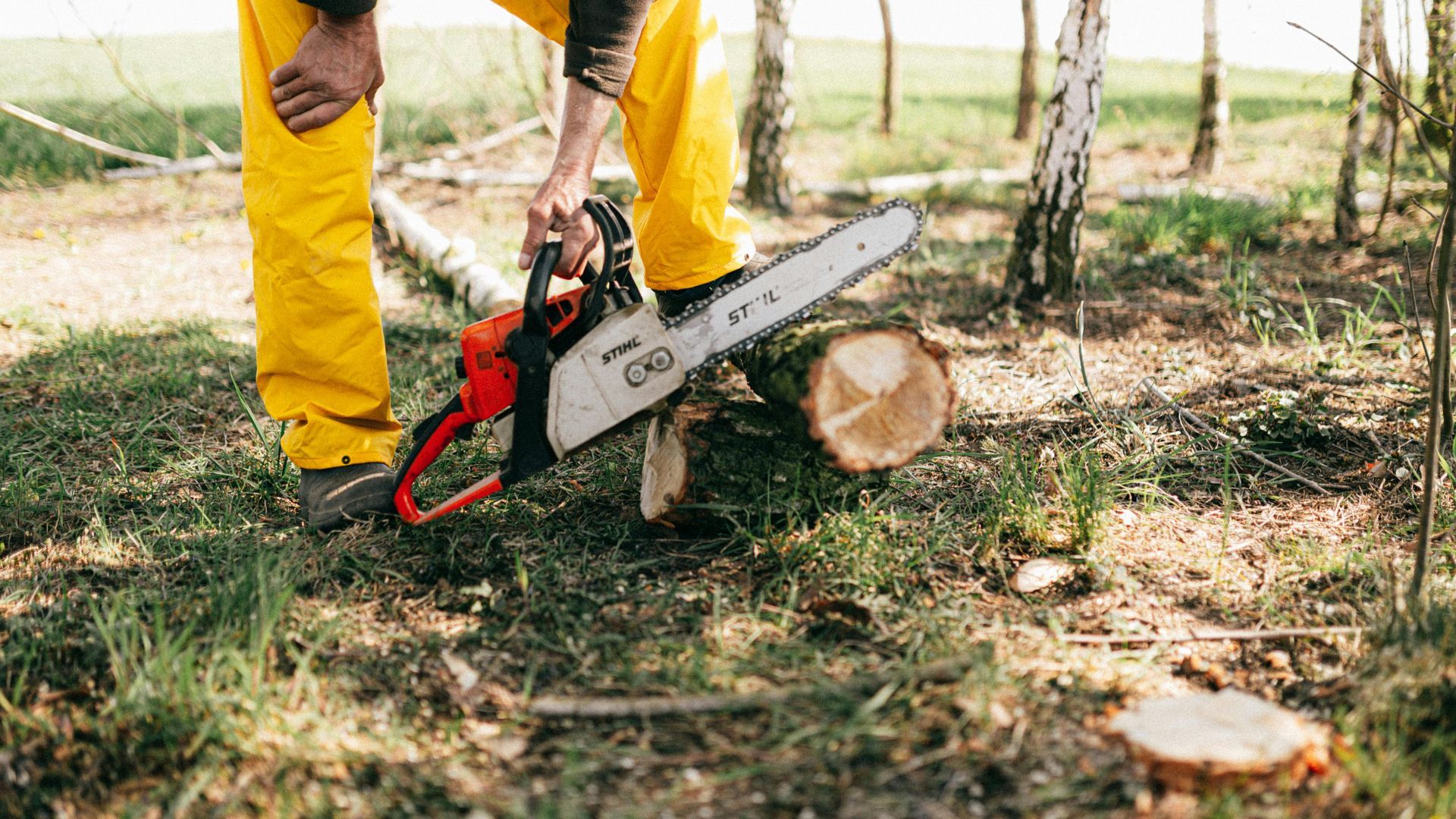The Silent Threat

How Hearing Loss in Agriculture Might Be the Slow but Deadly Killer
Agriculture is often romanticised as a peaceful, idyllic occupation, characterised by the tranquil countryside and the rhythmic sounds of nature. However, the reality of modern farming is quite different. Today's agricultural workers are exposed to a cacophony of potentially damaging noises, from the roar of heavy machinery to the hum of various equipment. Over time, this constant exposure can lead to hearing loss—a slow but deadly killer in the agricultural sector.
Understanding Hearing Loss in Agriculture
Hearing loss occurs when there is damage to the tiny hair cells in the inner ear that transmit sound to the brain. Once damaged, these cells cannot regenerate, leading to permanent hearing impairment. In agriculture, this damage is primarily caused by prolonged exposure to loud noises. Key sources of harmful noise levels in agriculture include:
- Tractors and Combines: These essential machines often operate at noise levels exceeding 85 decibels (dB), a threshold at which hearing damage can occur after prolonged exposure [NASD - Avoiding Hearing Losses on the Farm (nasdonline.org)].
- Livestock: The sounds from animals, especially in large numbers, can be surprisingly loud. For instance, pig squeals can reach up to 100 dB [Noise Induced Hearing Loss in Agriculture (psu.edu)].
- Chain Saws and Other Tools: Equipment like chain saws, grain dryers, and augers typically produce noise levels between 90 to 110 dB [Hearing Loss Among Farmers and Agricultural Workers | Great Plains Center for Agricultural Health (uiowa.edu)].
The Impact of Hearing Loss on Farmers
The consequences of hearing loss extend beyond the obvious difficulty in communication. For farmers, this impairment can have severe and multifaceted impacts:
Safety Risks
Hearing is crucial for situational awareness. On a busy farm, the inability to hear warning signals, approaching vehicles, or machinery malfunctions can lead to accidents, injuries, or even fatalities. For instance, a farmer who cannot hear a tractor backing up might find themselves in a dangerous situation without any warning.
Psychological and Social Effects
Hearing loss can lead to social isolation and mental health issues. Farmers, who often work alone or in small groups, may feel increasingly isolated if they struggle to communicate effectively. This isolation can contribute to depression, anxiety, and a decrease in overall well-being.
Economic Consequences
The economic impact of hearing loss can be significant. Farmers might face increased medical expenses for hearing aids and other treatments. Additionally, reduced hearing can lead to decreased productivity and the potential for costly mistakes, further straining financial resources.
Take Action
Despite the severity of hearing loss, it is preventable. If you're a farmer or work in the agricultural sector, take steps today to protect your hearing.
- Schedule a hearing test
- Invest in quality hearing protection
- Maintain equipment
- Educate yourself about the risks and prevention strategies.
Your hearing health is vital to your safety and well-being - don't let the silent threat of hearing loss go unnoticed.
Conclusion
Hearing loss in agriculture is a slow but deadly killer, with far-reaching consequences that affect safety, mental health, and economic stability. However, with proactive measures and increased awareness, it is possible to protect the hearing health of those working in this vital industry. By prioritising hearing conservation, we can ensure that farmers continue to work safely and effectively, preserving not only their livelihoods but also their quality of life.


